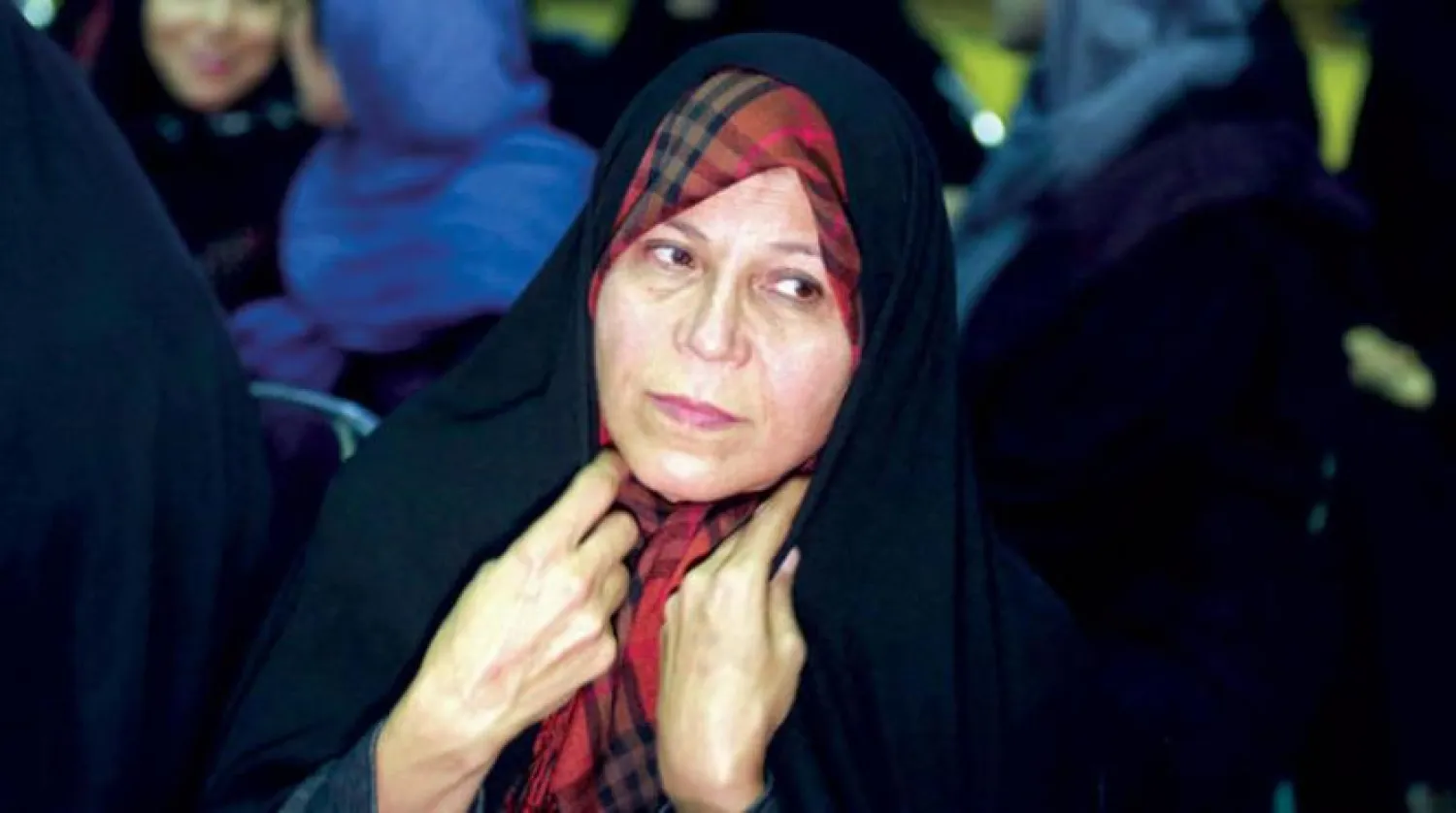Faezeh Rafsanjani, the daughter of late Iranian president Akbar Hashemi Rafsanjani, revealed that her father sought an end to the Iran-Iraq war.
He proposed ending the war to then supreme leader Khomeini, but he refused, she revealed in an interview to Asharq television.
Moreover, she revealed that her father sought openness towards Saudi Arabia and backed restoring Iran’s relations with the United States.
He did not oppose ties with any country, except for Israel, she added.
Rafsanjani, who is a member of the reformist Executives of Construction Party, slammed the ruling conservatives in Iran, saying they are not seeking a nuclear deal with the West because they are actually benefitting from it.
She noted how many conservatives often slam the US and European countries, while their children purse an education in the West.
She doubted that a nuclear deal would be reached during the term of US President Joe Biden, noting that the Iranians and Americans were awaiting the outcome of the US Midterm elections.
Rafsanjani’s father had pursued reform in Iran and sought openness with neighboring countries and the West.
His daughter called on her country “to be open to the world” because few Iranians really support being closed off from it.









